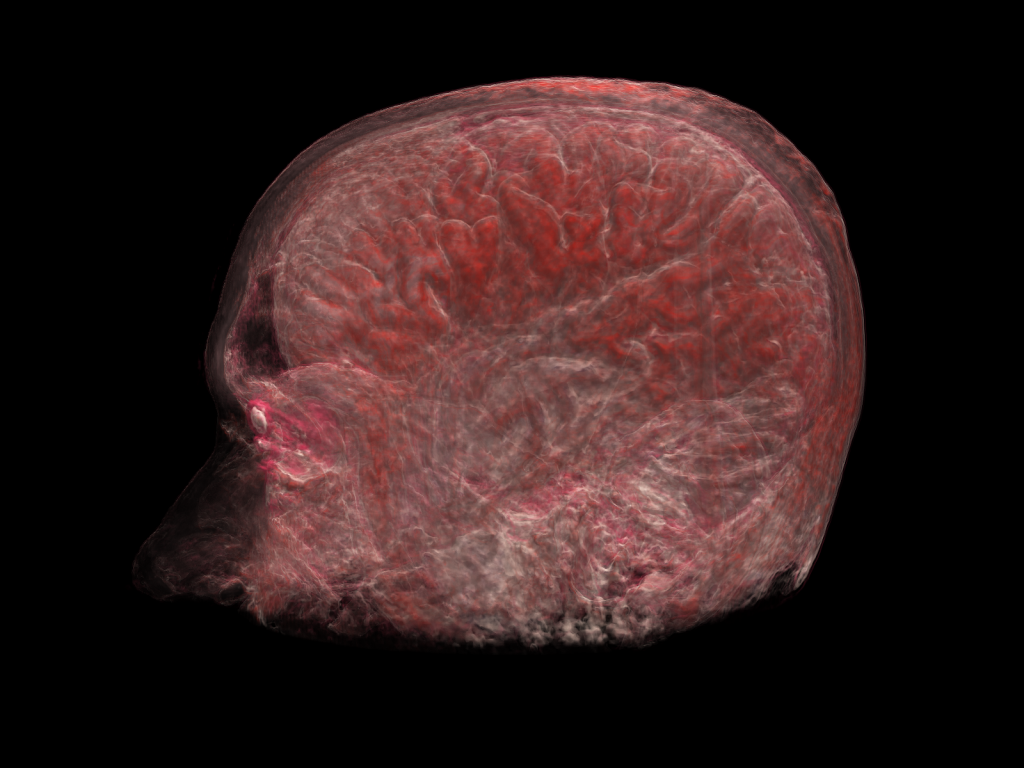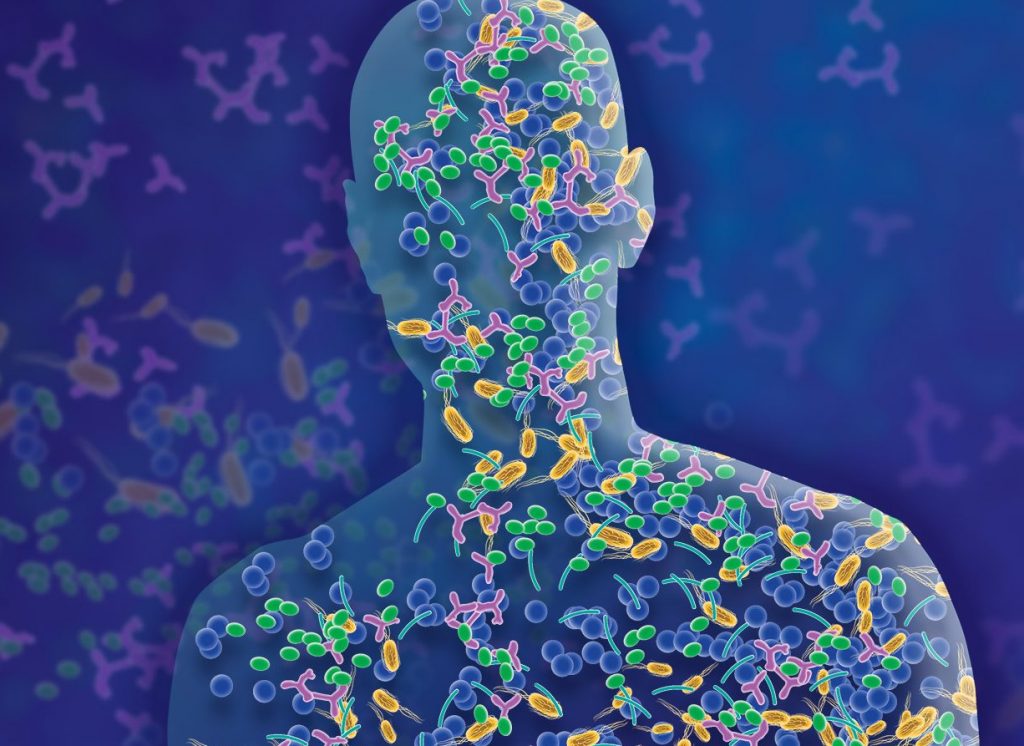
What’s Good for Your Heart is Good for Your Brain
Photo Credit: Proxy Design, via Flickr Creative Commons
Our hearts and minds have more in common than we may think. New studies are showing that a heart-healthy lifestyle and plant-based approach to eating may reduce the risk of Alzheimer’s disease as well as heart disease.
Meat consumption can increase the chances of developing Alzheimer’s disease
A host of factors beyond genetics may play a role in the development and course of Alzheimer’s, including diet, lifestyle and environmental influences. Scientists are also discovering that there is a relationship between cognitive decline and vascular conditions, such as heart disease, and metabolic ones, such as diabetes. While at this time Alzheimer’s is thought to be incurable, research efforts are under way to find effective treatments and ways to prevent it.
What is Alzheimer’s
The prevalence of the disease is rising as the population ages. An estimated 5.4 million people have Alzheimer’s in 2016. Every six seconds someone in the United States develops Alzheimer’s, and one in three people over the age of 65 die from complications related to it, or other forms of dementia, making it the sixth leading cause of death in the world.
Alzheimer’s is an irreversible, progressive disease where brain cells break down and die and, over time, the brain shrinks dramatically. This causes a steady decline in memory and nearly all mental function. There are two types of Alzheimer’s—early-onset and late-onset, and both types have a genetic component.
A build-up of protein deposits in the brain, known as plaques and tangles, is common in those affected. Oxidative stress, or free radical damage to our cells, contributes to the build up of this plaque.
The Heart and Head Connection
Many people don’t realize that Alzheimer’s and heart disease share a genetic link through the apolipoprotein E (APOE) gene. The gene is involved in making a protein that helps carry cholesterol, and other types of fat, in the bloodstream. A form of APOE is the major known risk-factor for both heart disease and late-onset Alzheimer’s.
In addition, several conditions known to increase the risk of cardiovascular disease—such as high blood pressure and high cholesterol—also increase the risk of developing Alzheimer’s. Autopsy studies show that as many as 80 percent of individuals with Alzheimer’s also have cardiovascular disease, but still most scientists agree that the exact cause of Alzheimer’s is unclear. The general consensus is that it’s caused by a combination of genetic, lifestyle and environmental factors that affect the brain over time.
One such factor, oxidative stress, occurs when the production of free radicals outweighs our body’s ability to counteract or detoxify their harmful effects. This oxidative stress and free radical damage to cells may initiate the development of Alzheimer’s, along with other chronic illnesses, such as heart and kidney disease, cancer, and diabetes.
Reducing Your Risk Through Diet and Lifestyle
There’s still so much we need to learn about the prevention and risk of Alzheimer’s. That’s why new research is important.
A 2016 study published in the Journal of the American College of Nutrition, for example, found that meat consumption may increase the chances of developing Alzheimer’s disease, as well as type 2 diabetes and chronic kidney disease.
Researchers examined typical diets in ten countries and their links to Alzheimer’s. They considered known dietary risk factors, such as oxidative stress, low-Vitamin D levels and high cholesterol, which is also risk factor for heart disease. The comparative study concluded that the key dietary connection to Alzheimer’s appeared to be meat consumption, with eggs and high-fat dairy also contributing. It highlighted the importance of starting a plant-based approach to diet earlier in life to decrease the risk of developing these diseases later.
Additional research suggests that a heart-healthy, whole-food, plant-based approach may indeed help protect the brain. This approach limits sugar, saturated fats and cholesterol while focusing on a variety of whole grains, legumes and produce, all which are packed with nutrients that have an abundance of antioxidants that help to reduce inflammation.
Another 2016 study, published in Advanced Nutrition, also found that diets that include a high amount of refined sugars, salt, animal proteins and fats, and a low amount of fruit and vegetables are associated with a higher risk of Alzheimer’s.
Gene are Not Your Fate
Regardless of a genetic predisposition to acquire Alzheimer’s, genes are not your fate (See Ornish Living article, Epigenetics: Why Your Lifestyle Choices May Leave Your Family a Legacy of Health). The bottom line: our lifestyle choices, including diet, may impact our likelihood to develop the disease.
A comprehensive approach such as that of the Ornish Lifestyle Program, which includes a plant-based diet along with stress management, meditation, regular exercise, and love and support, has been shown to help those with, and at-risk for both Alzheimer’s and heart disease.
So it’s a no-brainer―keeping our hearts as healthy as possible will likely help our minds.
How does your diet and lifestyle affect your brain health?








